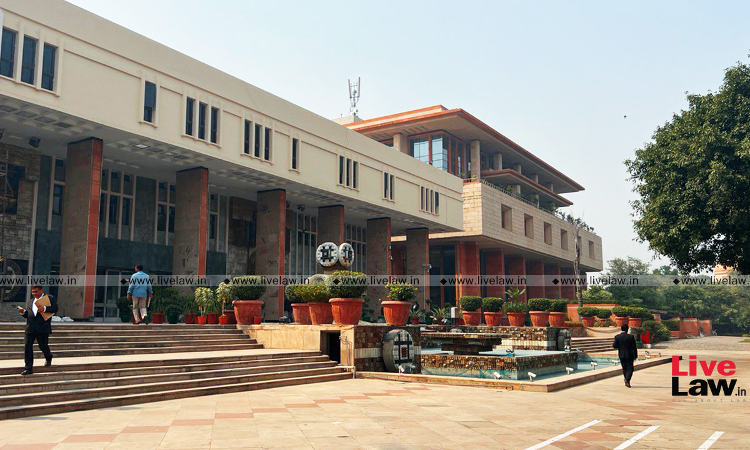Arbitration: Courts Should Not Grant Injunction In Public Work Projects; Delhi High Court Reiterates Law
Parina Katyal
25 May 2023 5:22 PM IST

Next Story
25 May 2023 5:22 PM IST
The Delhi High Court has ruled that in view of Sections 20A and 41(ha) of the Specific Relief Act, 1963 (SRA), the courts should grant no injunction relating to infrastructure projects where delay may be caused by such an injunction.The bench of Justice Chandra Dhari Singh was dealing with a petition filed under Section 9 of the Arbitration and Conciliation Act, 1996 (A&C Act) seeking...
